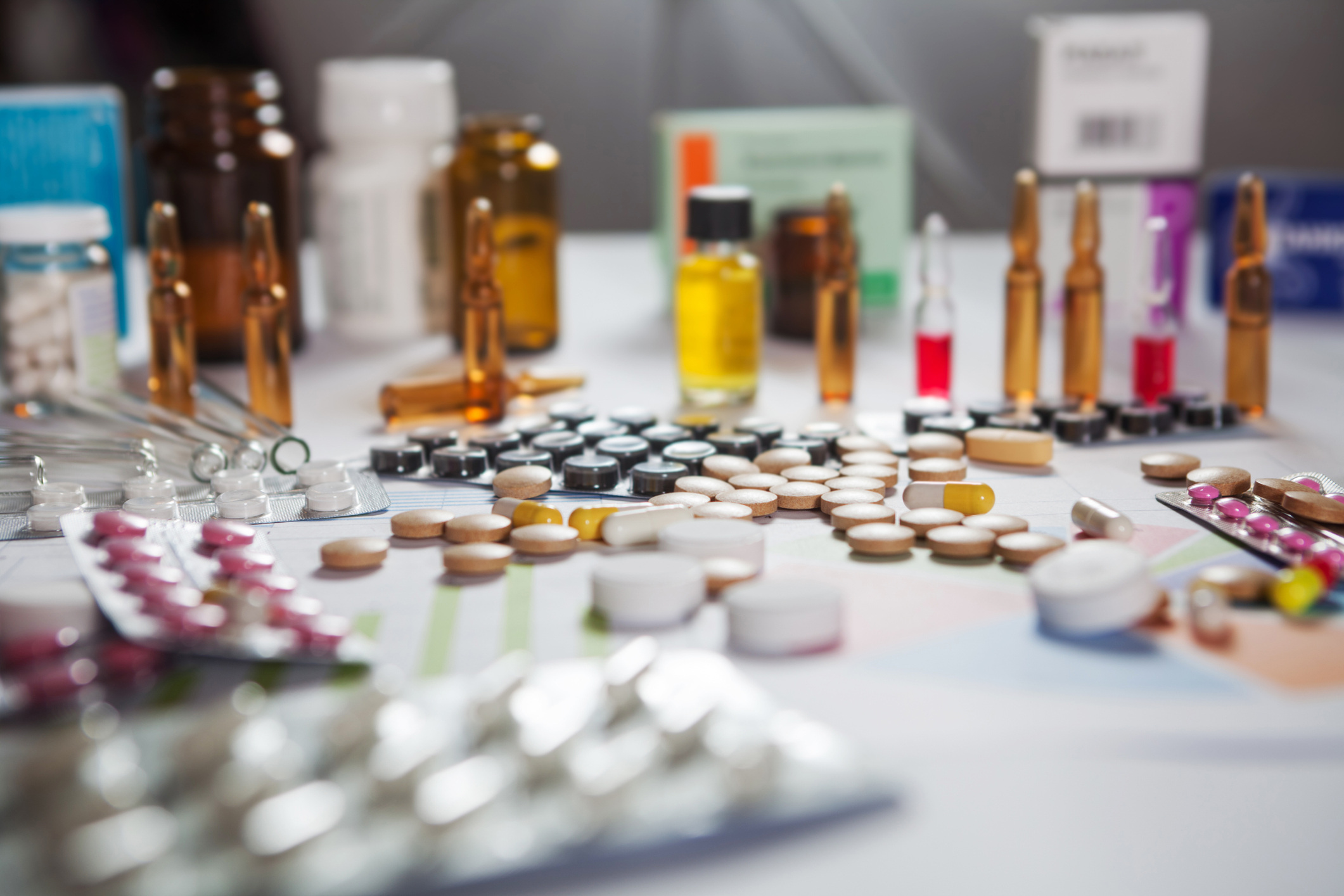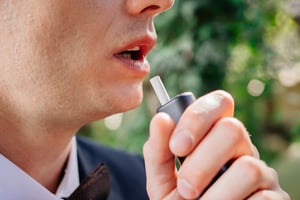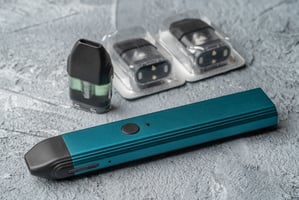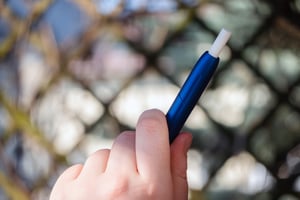Heated tobacco products (HTPs) are continuing to grow in popularity globally. The market’s worldwide value grew by $3.7 billion from 2022 to 2023, with Euromonitor International expecting it to hit...
Bringing E&L and toxicology assessments together
Pharmaceuticals

Jun 10, 2024 | Published by Dean Hatt
Pharmaceuticals
Extractables and Leachables (E&L) studies and toxicology assessments improve the safety of next-generation nicotine products (NGPs) by highlighting potentially harmful constituents or by-products. When planning E&L and the toxicology assessment, manufacturers can enhance quality and efficiency by working with one independent specialist that offers an integrated service — rather than collaborating with multiple partners.
Dean Hatt, Senior Toxicology Consultant at Broughton.
E&L assessments are essential for manufacturers to identify and quantify the risks of potential leachables from Electronic Nicotine Delivery Systems (ENDS). E&L assessments comprise a controlled extractables study (CES) that utilises harsh conditions to extract and quantify chemicals that may leach from an NGP device. Once complete, a well-designed leachables study will quantify the levels of chemicals leached under realistic conditions to see if they present a risk to human health.
E&L studies form part of the wider toxicological assessment, which evaluates ingredients, materials, emissions, and the whole NGP to provide a scientifically justified understanding of the product’s health risks. As well as the reports for these evaluations, Toxicologists will also produce toxicity profiles for the individual chemicals, tailored to specific regulatory pathways.
E&L and other toxicology assessments are essential when seeking Marketing Authorisation Application (MAA) approval for NGPs as nicotine replacement therapies (NRT) in the UK. They are also crucial for Premarket Tobacco Product Application (PMTA) approval in the USA. Therefore, E&L studies must be reliable and of high quality.
Better together
While the analytical testing and toxicology assessment can be separated, choosing an experienced testing specialist who can perform both E&L studies and toxicology risk assessments can help manufacturers streamline their operations. Some NGP manufacturers send samples away for E&L testing, receive the results, and then enlist a separate toxicology specialist. Unless the two research partners share results and assessments, there are no opportunities for earlier investigation of abnormal results. Equally, there are potentially significant time savings when schedules can be aligned to actual and not planned delivery dates, e.g. where analytical results arrive early or are unavoidably delayed. If one company conducts both the E&L and toxicological assessments, this can close communication gaps and expediate the process.
In addition, analytical laboratories will develop methods or utilise existing methods that have different sensitivities, resulting in chemicals being measured to different concentration levels. Important parts of the toxicology assessment for E&L are defining the Safety Control Threshold (SCT) to ensure the analysts use methods that are sufficiently sensitive, and selecting target chemicals from the device constituents. It is therefore important to have good communication between the Toxicologist and the E&L analytical laboratory to ensure the Analytical Evaluation Threshold (AET) for each relevant chemical is low enough to enable meaningful quantitative risk assessments.
As part of its ISO 17025 compliance, Broughton applies consistent testing procedures across its laboratories, helping ensure accuracy and reliability. Therefore, by bringing E&L and toxicology under the same roof, manufacturers can minimise any irregularities between the assessments and avoid having to retest the samples.
Extractables and Leachables studies and toxicology assessments are essential for bringing an NGP to market. Broughton’s scientific experts and Toxicologists have years of combined experience conducting E&L studies, and the company is committed to quality. Its Coleby House site complies with UK GMP and US Current Good Manufacturing Practices (cGMP) standards, while the Medicines and Healthcare Products Regulatory Agency (MHRA) and the US Food and Drug Administration (FDA) regularly inspect its facilities.
Broughton can help you seek regulatory approval. To find out how, read about its nicotine consulting and testing service.


